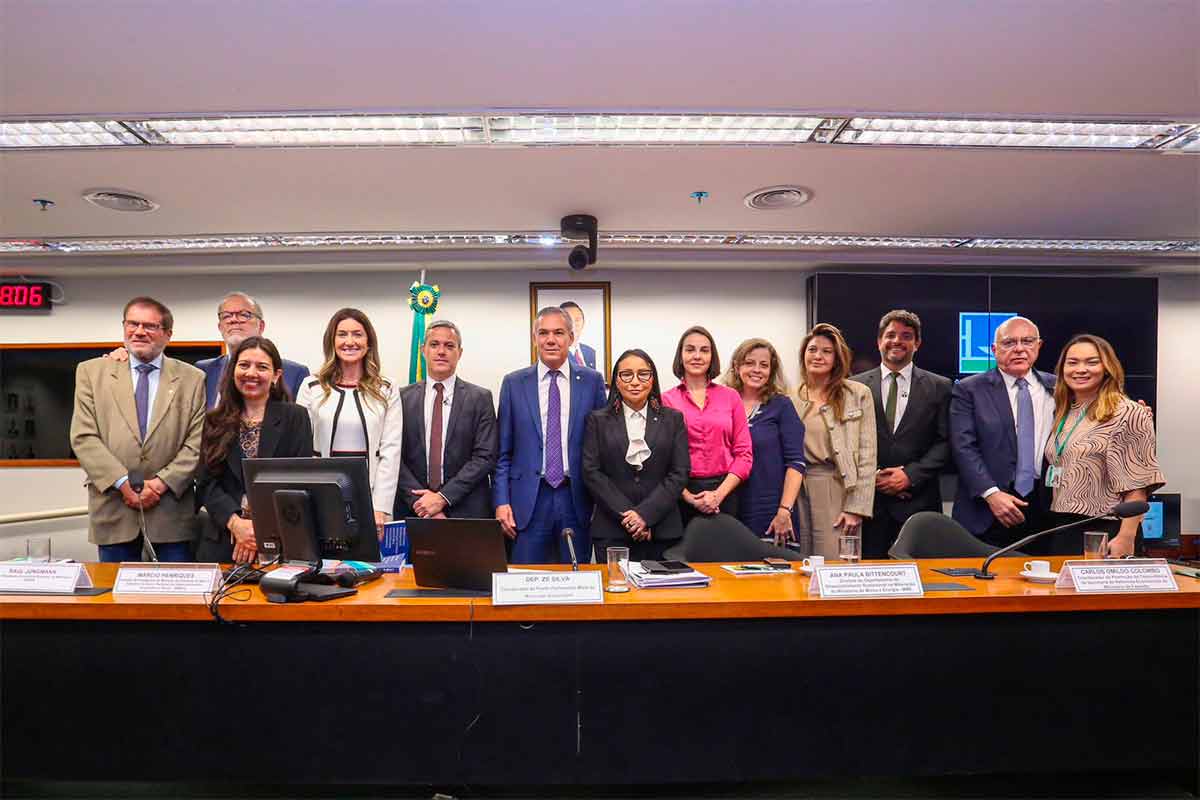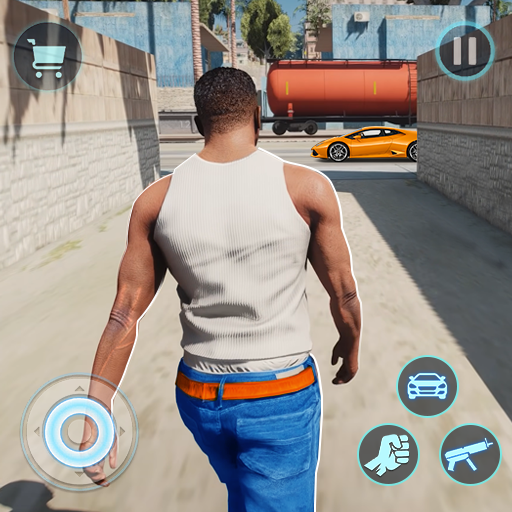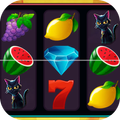 (Photo: Released) The special committee monitoring energy transition initiatives of the Chamber of Deputies held a seminar this Thursday (11) to discuss the country's need to have a public policy for critical and strategic minerals and the challenges of production and marketing. “Complex minerals are a passport to the future and we cannot miss this opportunity”, argues Raul Jongman, president of IBRAM (Brazilian Mining Institute).
(Photo: Released) The special committee monitoring energy transition initiatives of the Chamber of Deputies held a seminar this Thursday (11) to discuss the country's need to have a public policy for critical and strategic minerals and the challenges of production and marketing. “Complex minerals are a passport to the future and we cannot miss this opportunity”, argues Raul Jongman, president of IBRAM (Brazilian Mining Institute).Lizia Pinto, vice president of Sigma Lithium, presented the perspectives of the lithium market and showed how the company positions Brazil as a leader in the sector. Sigma is today the fourth largest lithium producer in the world (it is the sixth largest, when the list includes the extraction of salt pans), with 270 thousand tons/year of lithium concentrate for batteries. It will reach 520 thousand tons/year in 2025 as it expands its integrated mining and processing operations. Next year, capacity will reach 770 thousand tons per year, and processing will continue, entering the chemical chain, which adds even more value to the product.
The expansion will make the company even more competitive, as the increase in production will dilute operating costs, which are already low at Sigma, explained the executive. Lizia showed parliamentarians, companies and government technicians participating in the debate comparisons with other companies that highlighted their advantage due to Sigma's management model. “Sigma’s costs are low, which shows its viability even when lithium prices have fallen by 85% in the market. We are very financially responsible, we are able to operate in a unique way in the market in these circumstances and we have experienced price reductions in order to achieve even greater scale. With expansion, costs decrease. Furthermore, we will be doubling jobs, which is very desirable and important for the Jekitinhonha Valley”, he stated.
In this highly competitive market, Lizia also highlighted that Sigma's difference is its manufacturing method, which uses the best ESG practices, does not use harmful chemicals, drinking water or dirty energy, is zero carbon and does not have tailings dams. “This is a relevant and powerful product, from a very Brazilian company,” he stated. “We are no longer a country that offers to sell raw ore. We are exporters of green technological products. It’s what makes us unique,” he says.
Ibrom commissioned the Center for Mineral Technology (CATEM) to carry out a study to support the development of policies for complex and strategic minerals. Researcher Lucia Helena Xavier, co-author of the book, presented the results at the seminar. It brings proposals so that the Brazilian State can shape this policy independently of the government. At a time when the world is discussing the transition to a low-carbon economy, having a strategic plan and policy for this mining sector is crucial for Brazil to achieve its zero-carbon target by 2050.






























